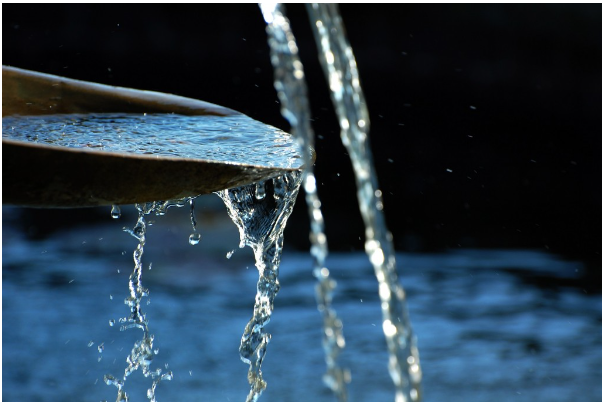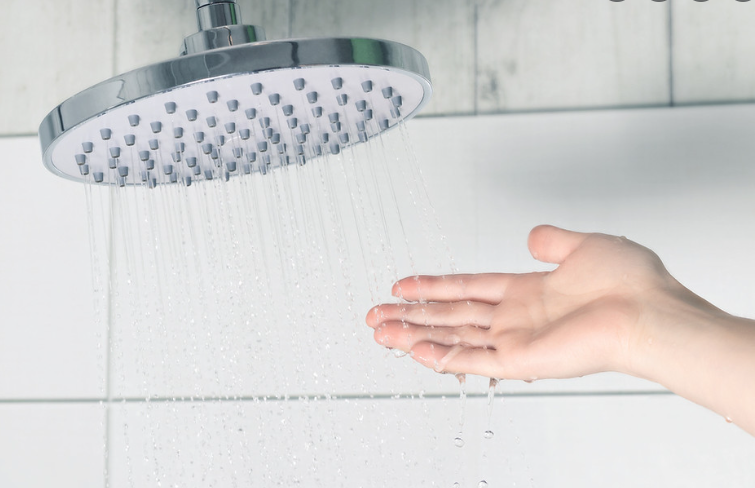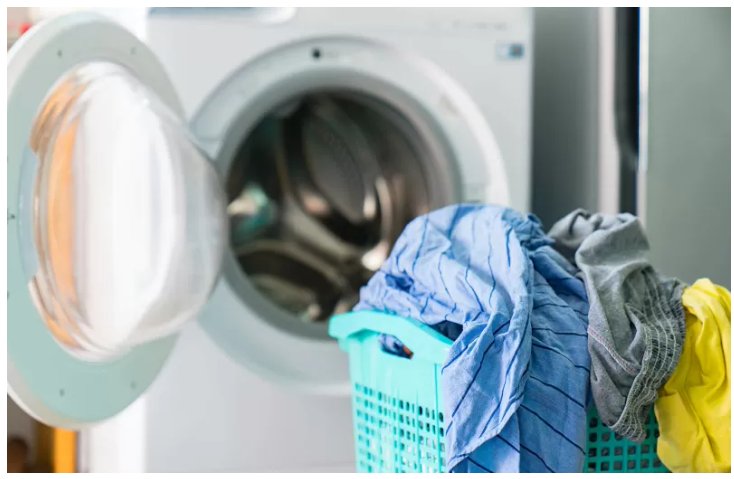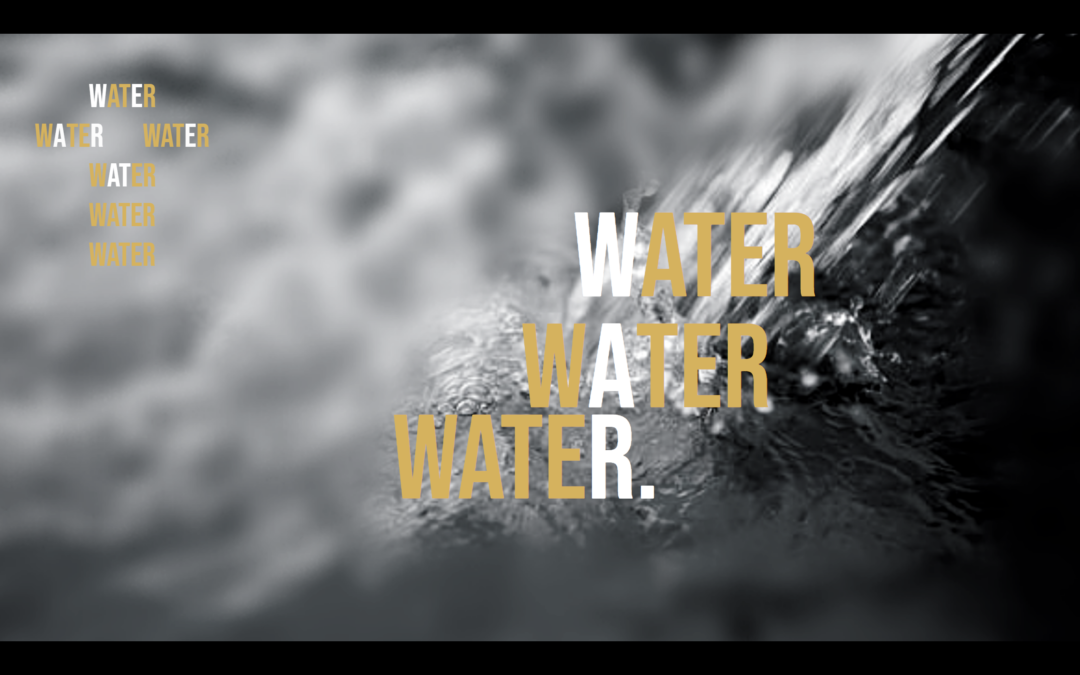WE ARE AT WAR WITH WATER
Written By: Morouje Sherif
Edited By: Morouje Sherif
Designed By: Morouje Sherif
Published By: Howie Nguyen
It’s happening again.
Poor, insatiable itch. Your throat is dry now, and you have nothing to quench the eye-twitching dryness. This 2-day famine has left you in a spiraling mirage: not a sane droplet in sight; the watermelons are shriveled, and the sink is busted again.
You might beg the question, how did we get to this point?
This casual irritation is an after-effect of our inherent greediness. Yes, admit it. Humans rely on their occasional (insane) survival instincts to propel themselves when a habit becomes out of order. And water is one primal necessity in maintaining our diets, hygiene, and existential timeline. However, this dreaded scenario becomes closer in sight as we recognize larger outbursts of global anger and no hegemony solutions to our problems.
How do we find balance in our life—in the diminutive aspects like water? How can we hit the spark of motivation in our most deplorable times?
Truth be told!
They all say the same things; take shorter showers, turn off the tap when you brush your teeth, wash your laundry at this point, and various nonchalant ways that… to be fair, never execute in anyone’s case. So why sacrifice the bourne of our lives: pristine hot water, to simply… save water? It never seems to add up.
The truth is, saving water in such ways is the only way to stop us from reaching the end-it-all: raining meteors and crackling asphalt. Below are unheard-of tips on saving water, like taking shorter showers without sacrificing those 30 minutes of meditation.
- Hygiene 101.
Showering, you do it several times a week—in the mornings, afternoons, or nighttime. Abiding by the blinding societal standards, maintaining hygiene is imperative to sustain mainstream interest and socialize, only delineated exponentially due to the rising and falling epidemic. Regardless—shaving, lathering, and scrubbing your skin so consistently may be doing inverse damage.
You might think blasting the hot water is doing therapeutic good to your muscles, yet, dermatologist Cynthia Bailey of DrBaileySkinCare.com recommends saving the hot water for your tea or coffee. She says that hot water is terrible for two reasons: the first is that it reduces too much of your natural oils and increases inflammation and blood circulation to your skin (which is why some look like a

lobster after taking a hot shower.) Water temperature should be tepid—close to body temperature and just a touch warmer. Additionally, experts recommend five to ten minutes of prolonged rains since excessive durations strip your skin of moisture, and nobody wants ashy skin which needs layers of product.
Also, avoid baths, which are an unnecessary waste of water, and only seek the therapeutic relaxation of warm water and some bubbles—proven detrimental to skin health.
So how does one reduce their shower limit? There are three ways.
- Use the music to your advantage.
Some enjoy playing music while showering. So, format your playlist to remind you how much time has passed! Most songs last around two to three minutes, and with a recommended fifteen-minute shower, you should listen to six songs. So, find a song around that mark (that cuts the melodic flow, like classical) to stop showering at that point.
- Stop the water to do important things
We shower for hygiene, so get that out of the way. Standing under the water for thirty seconds to get completely wet, then turning off the water and washing, then turning it on again and vice versa. This will help in multiple ways. You can still enjoy some (reasonable) scorching water in intervals, get a good wash, and your skin will have a break from the torture— leaving you feeling refreshed and not “sleepy” or tired thereafter.
For a twenty-minute shower, we waste 15L of water. One dairy cow must drink four gallons (151L) of water to produce one gallon (4L) of milk. If we cut down showering to ten minutes—twenty gallons used—the excess water could provide five times as much water to produce five gallons (19L) of extra milk!
2. Don’t pre-rinse your dishes.
If you’re using a dishwasher, what good does the dishwasher do if you keep the grime on it? By the time you’ve pre-rinsed a dish, you could have just manually washed it. Simply put scraps in the sink and let the good detergent get to work.
Moreover, our modern era does have advantages to ecological consumption. Hand-washing uses the most water: twenty gallons (90L) of water in a full load. Non-Energy Star dishwashers (pre-1994) use nine to fourteen gallons (14 – 60L) of water per load. Contrary, Energy Star dishwashers use only four gallons (18L) of water per load. Therefore, renovating old appliances is vital to get the most and not pay extra for persistent minor fixes.
3. Full loads of laundry, okay?
Want to quickly wash that white shirt so you can wear it again? Don’t sacrifice a full load of water or the external landfill of stinky socks on the side. All that voices is that you need to buy more of that same shirt. And now you can avoid the synonymous complex of having “nothing to wear,” because you know what to buy for once.
Washing clothes at the right time can also be economical. Avoid the electricity demand in the early morning (7 – 9 am) when people wake up and use their heat. The best time to wash is during the evenings or earlier in the mornings (~6 am.)
Water your plants at the most optimal time.
Aside from home tasks, taking care of a garden is influential on its health. And with the summer yearning for vibrant flower blossoms, vibrant grass, and the lushest gardens, water becomes ever more crucial.
The intellects who water grass understand that it uses plenty of water to nourish, as climate change roars in the scorching humidity and decreasing rain.
The best time to water plants is in the morning, before noon, when the sun is most prevalent, or during the evening. Though, when the weather becomes increasingly humid or, no rain has not come for days, doing it two times a day for the water-loving plants is necessary so they don’t wilt.
An important tip when watering your plants if you use a hose is to use the pressure lightly. In that case, no extreme force is on the plants, and they won’t reform and droop. Rather, use the hose, get very close to the roots and keep the faucet on for ten seconds, making sure all-encompassing roots and soil are very wet. This method is also helpful if your plants are not aerated (lacking in many gardens); thus, more water can go to the roots. Then, simply sprinkle the top of the plant with water to ensure they are moistened.
See my previous article, A flowering aubade: the novel secrets to landscaping for more guidance on gardening and to discover the many plants that require water and can sustain in dry climates.
Back to reality.
You’re a drop of sustenance—unique and boundless in utilities. Each drop is inevitable to brace relations, prosperity, and meaning. We never want to be forgotten, so why do we take one’s presence for granted? Each piece of lost time, individual conversation—our infinite greed leads us to idolize everything.
Modernity has outlined our infinite supernatural resources. The months go by, and water will begin to bloom off trees. We must look back on our roots and cherish each moment we have granted—before the world loses its youth and we lose purpose even if it’s as dull, so minute, as perpetual water.
References
Finish. (n.d.). How much water does a dishwasher use? Retrieved July 27, 2022, from https://www.finishdishwashing.com/dishwasher-benefits/water/#:%7E:text=In%20fact%2C%20dishwashers%20manufactured%20before,gallons%20of%20water%20per%20load.&text=However%2C%20new%20standard%2Dsized%20Energy,need%20to%20clean%20dishes%20effectively
Matthews, K. (2022, January 5). 8 Ways to Reduce Your Water Waste. Green Living Journal. Retrieved July 27, 2022, from https://www.greenlivingpdx.com/8-ways-to-reduce-water-waste/
Okafor, J. (2022, May 12). How to Reduce Water Waste at Home? Tips to Save Water and Money. TRVST. Retrieved July 27, 2022, from https://www.trvst.world/sustainable-living/how-to-reduce-water-waste-at-home/

